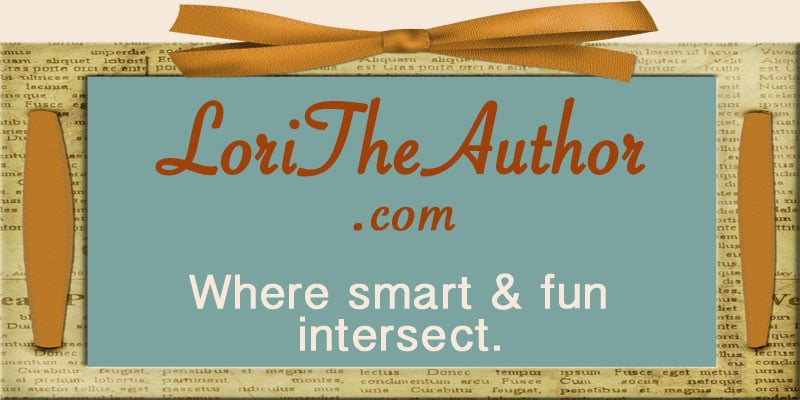The publishing industry is changing (has changed). This is not news. Well… it is news, but in my opinion, old news by now. So what’s the “new news?” It’s what we’re all going to do about it.
Let’s face it the facts:
- More people are reading e-books than ever before.
- Many still enjoy reading physical books.
- Consumers (including readers) are shopping online more.
- Every “Joe Schmo” can self-publish, making it difficult to ascertain what’s good.
- Literary agents (and by extension, publishers) are taking on fewer and fewer projects, thereby making it nearly impossible for actual skilled writers to get their books into the marketplace through traditional channels.
“But it’s not fair!” we all chorus. “We don’t like it this way!” “How are we supposed to do our jobs and make any money with all this craziness?”
The answer is simple: Move forward. Find ways. Embrace change. Be creative. Or not. But if you choose “not,” then don’t be surprised to discover that you’re lagging behind at the tail end of a forward-moving march. Make no mistake–the march is not going to stop just because you refuse to join in.
Don’t get me wrong. I’m not crazy about some of the changes either. As an actual skilled writer, (who remembers how much simpler it was when you simply queried and got hired because you’re good), I can personally attest to the frustrations. Having been self-employed my entire life, I understand the peril experienced by bookstore owners. And as a consumer, who has purchased a book that made me say, “Seriously? How did this book ever get printed when the author doesn’t know the difference between there, their, and they’re?” I have experienced those frustrations too.
However, I decided a while back that either I can let my work languish in my laptop never to be read by anyone, or I can move forward within the parameters of today’s reality. After receiving dozens of personally written e-mails from top literary agents saying how strong my writing is and how much they love my book, yet lamenting that they just can’t take my project because of their ever-shrinking list, it became apparent that I may need to think outside the box. Yet I didn’t want to self-publish and be perceived as a “Joe Schmo” either. Time to get creative.
A close friend who owns a small, local bookstore, was nearly going out of business. Yes, he had the three-legged store cat, beloved by visitors. He had a crackling fireplace and cozy sofas. He also had a shrinking clientele that basically consisted of a few moms, far outnumbered by their kids, who would run wild, destroy things, and scare his cat, while the moms would sit in their coffee klatch, drinking their $1 cup and making no other purchases. Time to get creative.
Interested? Stay tuned for Part Two of this series: Outside the Box Ideas for Small Independent Book Stores.








2 Responses
Sandy Poirier-Diaz
I enjoyed your post–thank you for sharing! I’ve been working in the publishing industry for seven years and the changes have been astounding from self-publishing (indie revolution), ebooks, to the economic hit taken by publishers, retail outlets and authors.
The independent bookstore sounds perfect (less the kids running around unattended).
You are right, it is time to get creative. I work with Smith Publicity, a small firm working with authors to help them create awareness about their work. It is sad to see how little money and support some publishers are able to provide their authors. It’s not from a lack of caring, simply not enough money. Therefore, more often publishers are taking on authors who already have a following or are willing to invest in marketing and PR. This, unfortunately, makes it even more challenging for a new author to be heard.
Lori Verni-Fogarsi
@Sandy: I completely agree, and thus the Indie publishing revolution. At some point, authors have started to say to themselves, “If I’m going to have to do so much marketing and publicity, set up my own events and travel arrangements, etc, then remind me–please– ‘Why would I want to be with a traditional publisher and receive lower royalties per book when I’m going to have to outlay all this time and expense myself anyway?'”